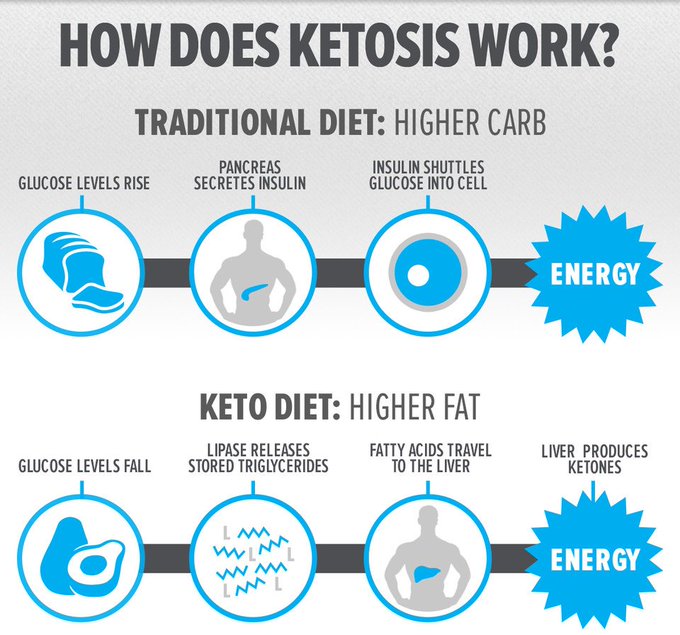
The Ketogenic diet, which is very much in vogue, is suggested primarily for sufferers of epilepsy and Type-2 Diabetes
Intriguingly, the ketogenic or keto diet in its present form was formulated during the early 1900s’ as a natural (drug-free) means of treating epilepsy, but was soon found to have a positive impact on chronic conditions as varied as Type 2 Diabetes, Alzheimer’s Disease and irregular levels of cholesterol and blood pressure. Indeed, the low/no-carb diet is a favorite treatment to help control sugar levels in diabetes.
As with most diet plans, there are different variations of the keto diet that one can follow. While those mentioned below are the most commonly followed plans, individuals may need to tweak the eating regimen to suit their bodies, lifestyle choices and convenience.
• Standard ketogenic diet (SKD): This comprises a minimal-carb, moderate-protein and high-fat diet. Typical nutrition intake is 75% fat, 20% protein, with 5% carbs.
• High-protein ketogenic diet: While similar to the standard ketogenic diet, this includes higher amounts of protein. The ratio typically comprises 60% fat, 35% protein and 5% carbs.
• Cyclical ketogenic diet (CKD): This plan comprises periods of higher carbohydrate intakes, ideally 5 ketogenic days followed by 2 high-carb days.
The diets typically include a high concentration of fats derived from sources such as nuts, seeds and fatty fish like tuna, salmon, mackerel and sardines, moderate amounts of proteins from eggs and red meats, and a drastic reduction – or complete cessation – of carbohydrates and sugars. That means no grains, starches, tuber vegetables and most fruits; no desserts obviously. Fresh green vegetables should be consumed to ensure a steady supply of roughage and fiber.
Things to Remember
• While Ketogenic diets have a proven efficacy when it comes to epilepsy and Type 2 Diabetes, it’s also important to remember that it can stunt growth and muscle development in children.
• Other negative side effects include bad breath and strong-smelling urine (due to increased ketone levels) as well as short-term fatigue and insomnia.
• Many people show signs of ‘keto flu’ when they begin the diet. Symptoms include weakness, brain fog, inattentiveness and de-motivation. However, there are only a temporary malaise, and people report higher levels of energy and mental acuity once they’ve adjusted.
• ALWAYS consult with health professionals before starting a keto diet.



